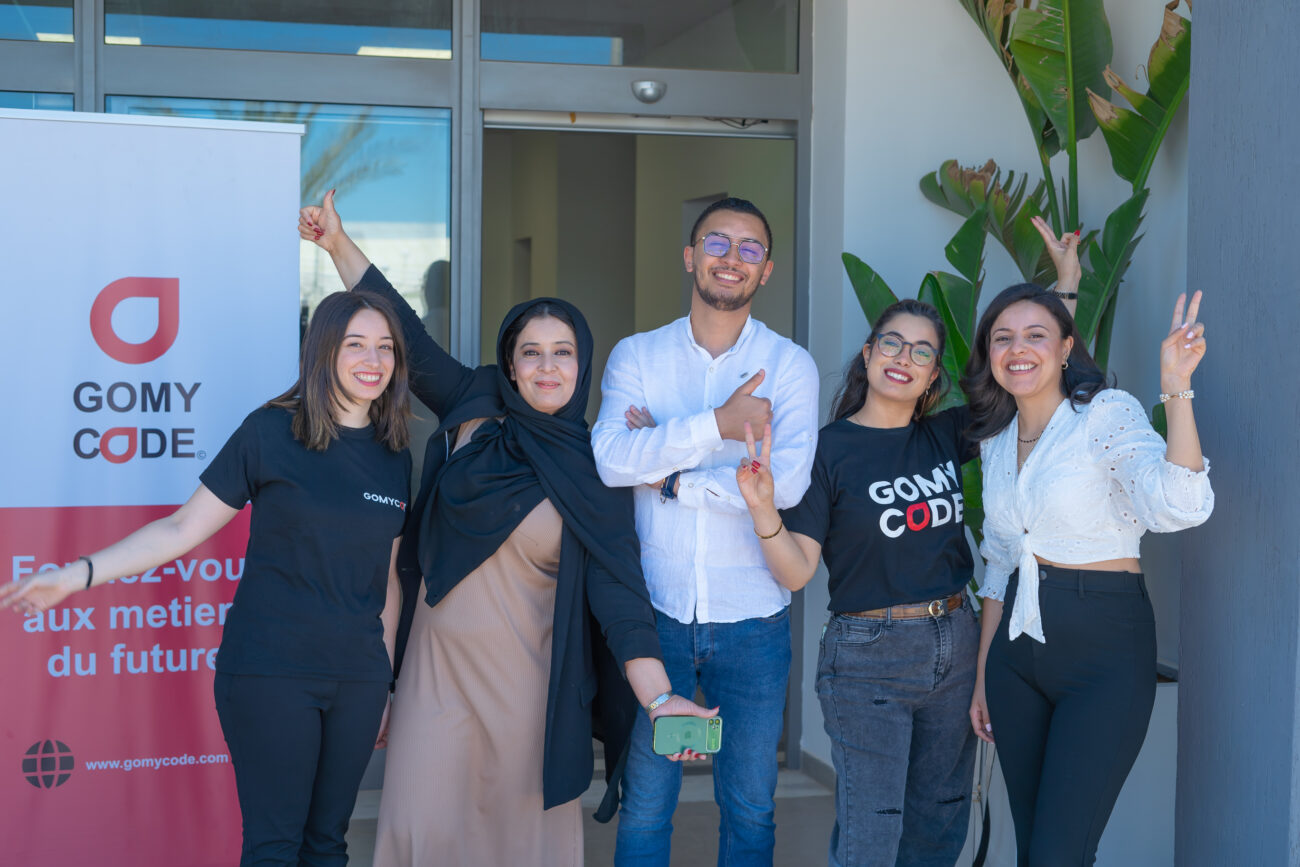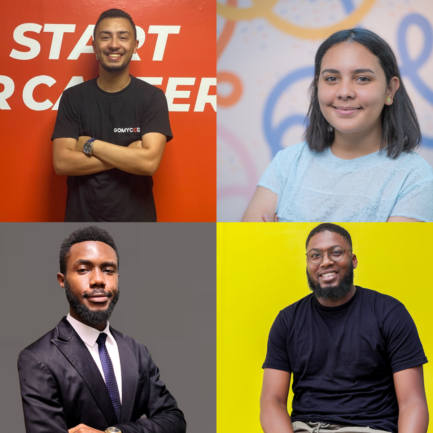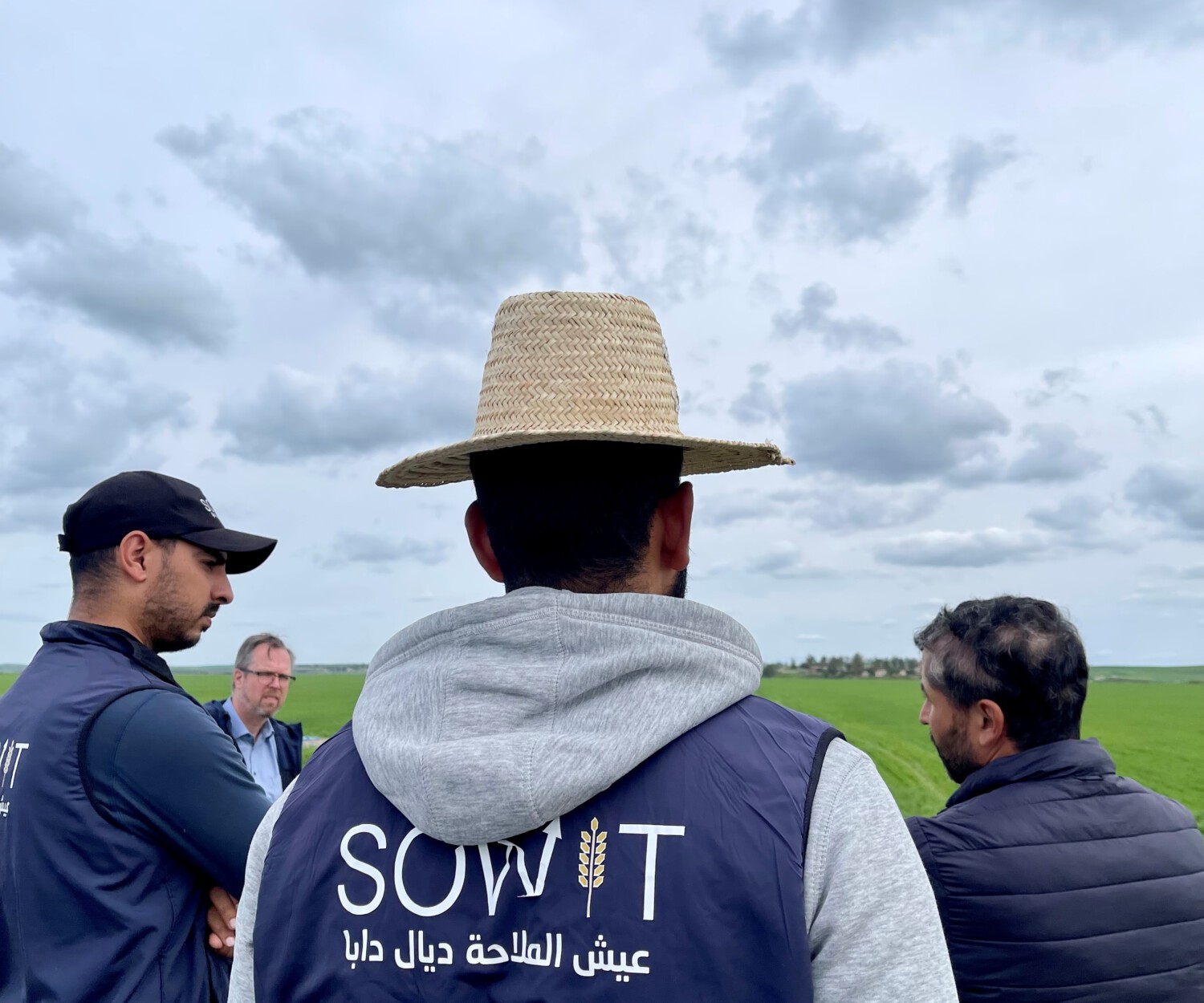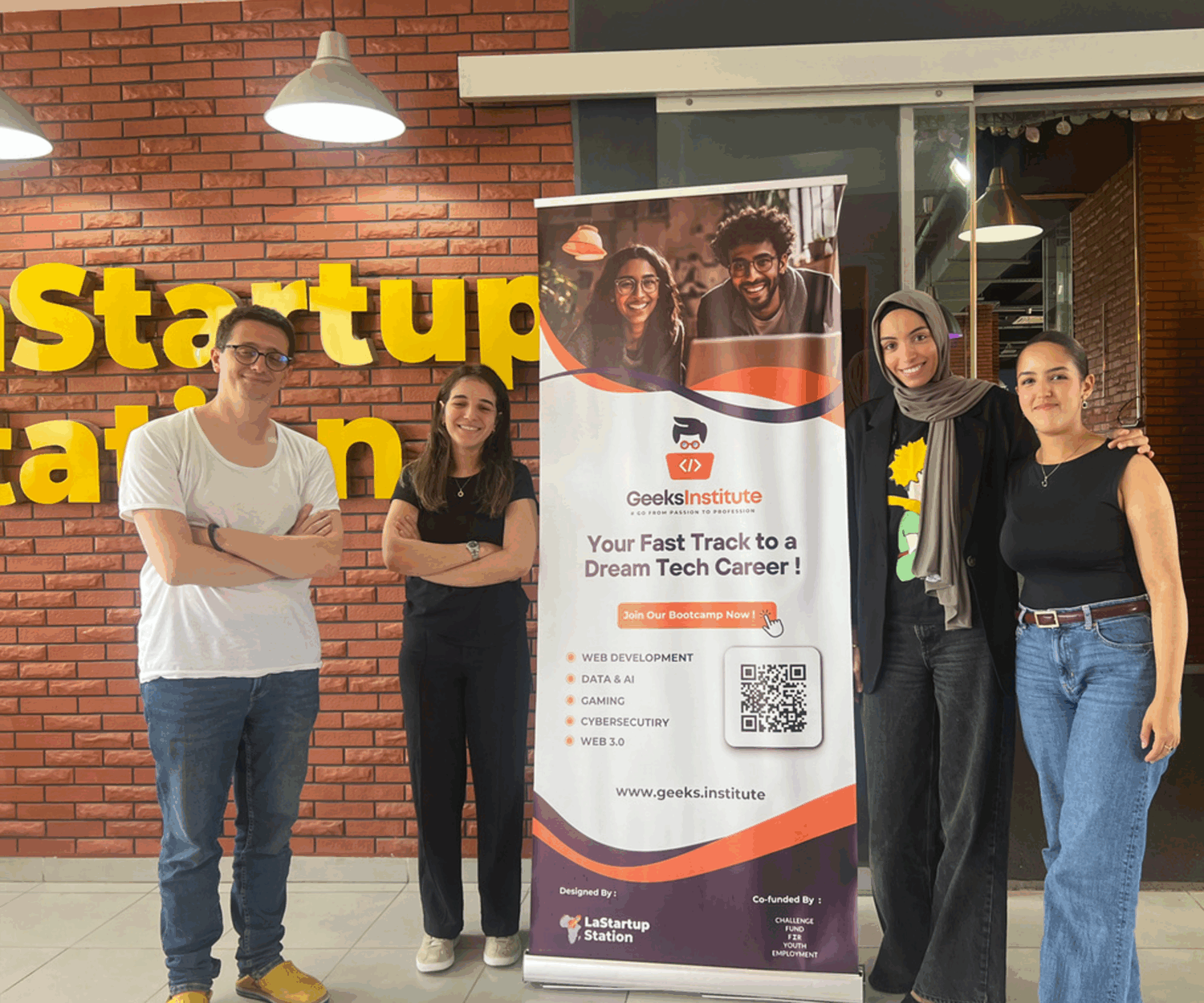In today’s competitive job market, young people often find themselves lost and uncertain about their future as they transition from education to employment. Career guidance thus becomes a crucial tool for young people who are navigating competitive job markets for the first time and must understand how to make their acquired skills and knowledge stand out. Acting as intermediaries between the job seeker, hiring companies or recruiters, career counsellors/advisors not only assist youth in identifying and exploring career opportunities and making informed decisions about their future, but also study the job market and its offers to find relevant job opportunities that best align with their career goals.
In job markets where high youth unemployment rates and obstacles to match skills with opportunities exist, career advisors become even more important as they provide support for career-related issues such as job dissatisfaction or loss, hard and soft skills improvement, interview preparation, and job spotting. To delve into this role in this context, we interviewed Mohamed Hamdani, Career Department Manager at Go My Code, one of the Challenge Fund for Youth Employment (CFYE) Implementing Partners from Tunisia.
Bridging the gap between education and employment in Tunisia
Youth unemployment in Tunisia is a significant issue, with youth, especially young women and those living in rural areas, being disproportionately affected. Addressing this gap between employee skillsets and employer requirements is crucial, and it is an issue that GoMyCode, as an implementing partner of CFYE, is tackling head-on. Within the young Tunisian community, there is a lack of proper information and confidence about the opportunities and challenges available to them, leaving skilled but less experienced individuals struggling to access job opportunities. That is why GoMyCode’s strategy not only aims to provide high-quality and demand-aligned training, but also to create a direct and facilitated connection with the private sector to overcome these barriers. How? Establishing a direct link between their trainees and job opportunities. Their approach also aligns with CFYE’s mission to address the skills mismatch between labour market needs and education. By investing in foundational skills, digital literacy, and basic digital skills, stimulating on-the-job learning, training, and career guidance.
Mohamed: The Career Department Manager at GoMyCode
Mohamed Hamdani, a young employee himself, has been with GoMyCode for nearly two years. Starting as career advisor and now Career Department Manager, he has been instrumental in establishing processes and expanding their reach. When Mohamed first joined the company, he faced the challenging task of building the career service department from the ground up. He began by conducting surveys and calls to action to understand GoMyCode trainees’ needs and then built his understanding of the job market and its demands.
Mohamed put in place a very effective multifaceted approach: while actively looking for potential opportunities for young graduates and trainees, by establishing contact and partnerships with companies and startups both locally in Tunisia and across Africa, he also managed to establish the company’s presence on the ground, by organising six successful job fairs in various countries, including Tunisia, Nigeria, Morocco, and Senegal. These events have been pivotal in creating a bridge between job seekers and potential employers, and in getting GoMyCode and its trainees known across the continent.
Beyond organising job fairs, Mohamed and his team assist young people in identifying and developing both their hard and soft skills. Mohamed firmly believes that while hard skills are easier to acquire through study and practice, soft skills require continuous training and real-world experience. He emphasises that soft skills such as communication, teamwork, and problem-solving are what truly set candidates apart in the job market, and his objective is to support youth in understanding their value and be able to showcase it effectively.
What has Mohamed’s impact been so far?
Mohamed’s dedication and proactive approach have led to numerous success stories. One notable example is a candidate who, with Mohamed’s guidance, was matched with a job opportunity in a Tech company in France. This candidate’s journey from a small town in Tunisia to an international career highlights the transformative impact of effective career advising.
Mohamed recalls one particularly touching moment when a student, who initially struggled with self-confidence, approached him for advice on improving his communication skills. By sharing with them his own experience of overcoming shyness by practicing public speaking and engaging in self-reflection, together they worked through various exercises, and the student gradually gained the confidence needed to explore difficult job markets with a positive and proactive mindset. Witnessing this transformation has been one of the most rewarding aspects of Mohamed’s role. But that is not all. Mohamed’s efforts have had a broader impact on GoMyCode’s mission. By fostering collaboration between education and the private sector, he played a role in shaping the job market in Tunisia, building ties that would have not otherwise been created.
The Way Forward
Mohamed’s experience is the proof that Career Advisors are now instrumental in informing businesses about existing young talent and gathering essential information about the skills needed in the market. Their proactive and multifaceted approach not only guides youth in prioritising the skills that are in demand and matching them with relevant and sustainable job opportunities, but also help businesses find young and talented individuals.
Career advisors like Mohamed have a crucial role in addressing youth unemployment, particularly in challenging contexts. Their role in guiding young people through career assessment, skill development, and job matching is invaluable and his example demonstrates the importance of creating continuous links between academia, training institutes, and the private sector.
More studies
Interested in more?
Vacancy
Consultancy – Technical Assistant Expert
 Sade Aalto-Setala
Sade Aalto-Setala
 December 3, 2025
December 3, 2025




